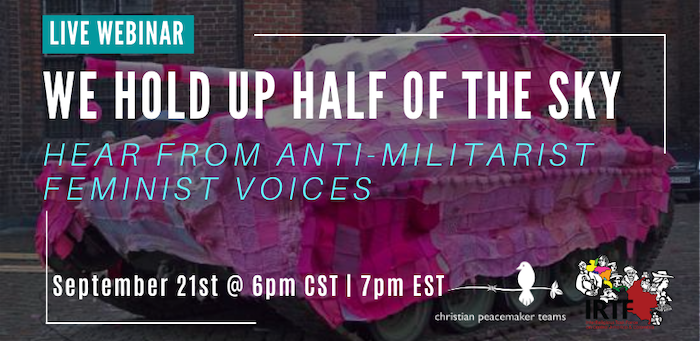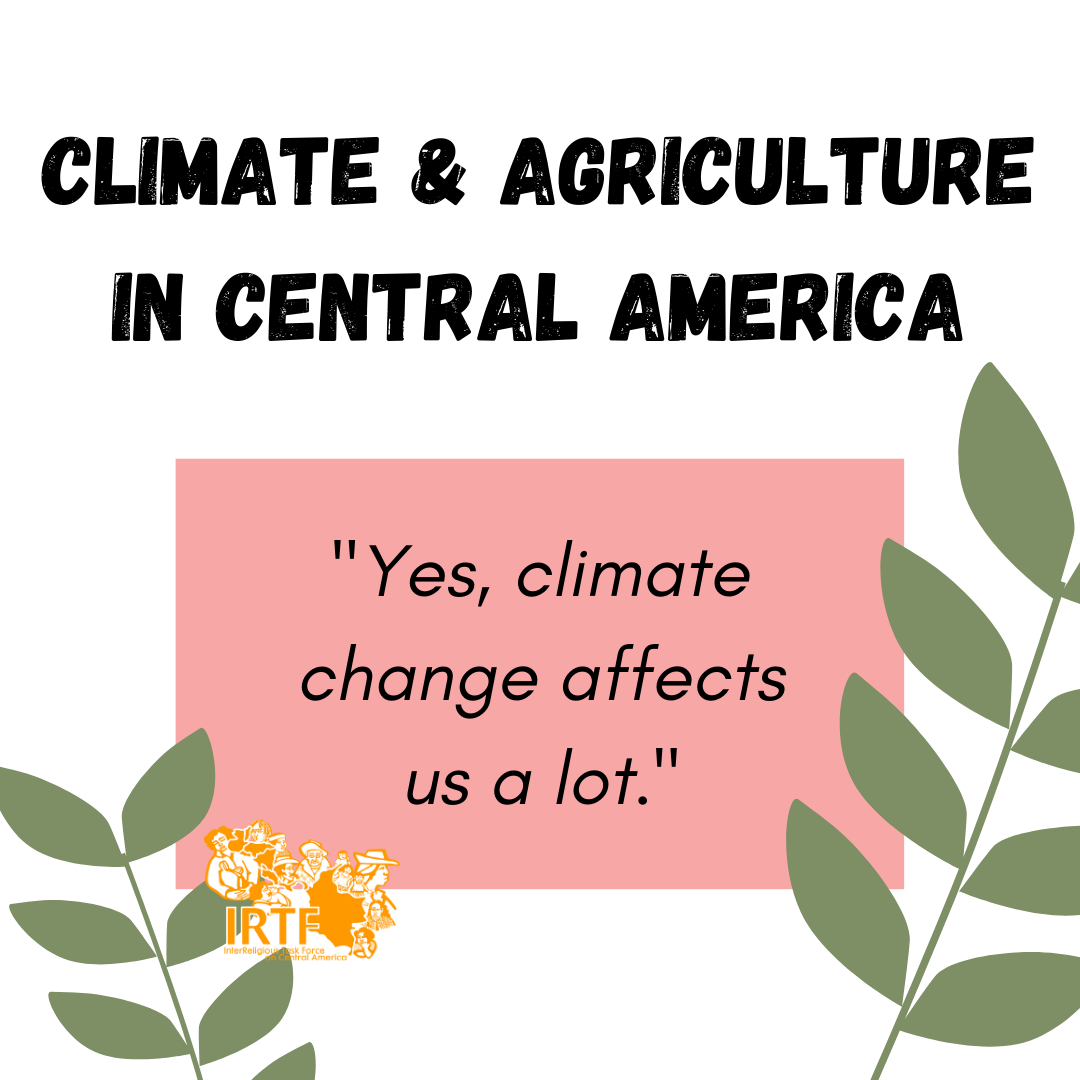- Home
- About Us
- Issues
- Countries
- Rapid Response Network
- Young Adults
- Get Involved
- Calendar
- Donate
- Blog
You are here
Afro-Descendant & Indigenous: News & Updates
RRN Letter
October 25, 2020
Within 24 hours, four indigenous community leaders were assassinated in two departments. In Cauca: Avelino Ipia, Héctor David Marín, and Gustavo Herrera (a regional coordinator for Colombia Humana). In Huila: Eduardo Alarcón (in Huila). Two other leaders survived assassination attempts in two other departments. In Córdoba: Aurelio Jumí Domicó (vice-president of the indigenous reservation Quebrada Cañaveral Embera Katio del San Jorge). In Sucre: Hernando Benítez (a regional representative for the Movement for Victims of State Crimes, MOVICE). We are urging that authorities in Colombia conduct an immediate and thorough investigation into the assassinations and attempted assassinations of the victims named above, publish the results and bring those responsible to justice
RRN Letter
October 12, 2020
A group of armed men arrived at the Garífuna community of Vallecito, whose residents have been victim to harassment, intimidation and threats over their land for many years. Attempts at forcible seizure of their territory (sometimes successful) has come from drug traffickers and African palm growers. In recent years, private investors (including many from the US and Europe) have been looking at Vallecito and other Garífuna communities on the Atlantic Coast to build their Model Cities, which was authorized under the ZEDE (Economic Development Zone) legislation passed in 2013. The Inter-American Court of Human Rights has criticized the government of Honduras for not adhering to its mandates to protect Garífuna ancestral lands and adequately investigate the murders of Garífuna community leaders. As recently as May 2019, the Court acknowledged that Garífuna community members are still experiencing "direct death threats," "blackmail, increased robbery," and "profiling of leaders."
News Article
October 5, 2020
A "model city?" According to Edmundo Orellano, the former foreign minister and former defense minister of Honduras: "We are handing over the territory and sovereignty, displacing the population and stripping it of its real estate, to establish small States ['model cities"] in a territory that will no longer be ours, populated by foreigners, that are like the ones that appear provoking the islanders in the video went viral on the networks, they will be, for the most part, louts." This article looks at local resistance on the island of Roatán to the model city (aka ZEDE, or Zona de Empleo y Desarrollo) called Próspera .
News Article
October 5, 2020
The ZEDEs (Zonas de Empleo y Desarrollo) -- also known as "model cities" -- continue stirring up controversy on the pages of the daily newspapers and on the streets of Honduras in the form of organized resistance. Edmundo Orellano is the former foreign minister and former defense minister of Honduras. In this article published in La Tribuna, he describes the ZEDEs this way: "We are handing over the territory and sovereignty, displacing the population and stripping it of its real estate, to establish small States ['model cities"] in a territory that will no longer be ours, populated by foreigners, that are like the ones that appear provoking the islanders in the video went viral on the networks, they will be, for the most part, louts."
Event
October 3, 2020
Lately, there has been an increase in insecurity across Colombia. And to add to the wound, the already wide gap of inequality continues to widen, primarily in sectors that have historically been discriminated against through policies that promote racism, sexism, homophobia, classism, and war.
As part of our new campaign, #ModusOperandi, we want to explain why violence against human rights defenders is not a coincidence. More than 100 human rights defenders have been killed this year alone. These killings cannot even be counted as State negligence since the mechanisms to protect these leaders’ lives are non-existent. Instead, it is a structural dynamic aimed at privileging the interests of the most powerful at the cost of the lives of the impoverished. Join us in a liturgy for social leaders as we pray for those who are seeds* of hope and those who continue to resist the State’s violence. (*seeds: people who have been assassinated and buried as seeds and their struggle lives on)
Event
September 30, 2020
Thank you to Tri-C’s Conflict Resolution and Peace Studies program for organizing this free online program. Consider how reparations could promote racial reconciliation, healing and justice in the United States. The discussion will be led by David Ragland, an educator and advocate for human rights and racial justice. He is the co-executive director and co-founder of the Truth Telling Project, which works to help people understand deep-seated racism. His presentation will look at how the nation must address the harms of its past in order to reach racial reconciliation and move forward. Education and discussion, he says, are key to transforming conflict into peace. Ragland will talk about what reparations might look like in the modern era. According to the United Nations, it involves five elements: restitution, rehabilitation, compensation, satisfaction and guarantees of non-repetition.
Event
September 28, 2020
Monday, September 28 - 10am in Colombia, 11am (ET) in Washington D.C.
Conversation CONVIDA20: "Colombia cries out for Life, Peace and Justice"
Panelists: Diego Pérez and Omar Fernández
Testimonies of Resistance Río Naya and Afavit
Registrations at: bit.ly/pazcolombia20
Event
September 27, 2020
Celebrating our 30th year as an organization, Illinois School of the Americas Watch (ILSOAW) and the SOA Watch Staff Collective invite you to join us for a virtual gathering on Sunday, September 27th at 2pm-3:30pm Eastern / 1pm-2:30pm Central / 11am-12:30pm Pacific. The afternoon event consists of music, conversation, and members of the SOA Watch Staff Collective will share more about our work to end US-led and backed state violence; dismantle Border Imperialism; and stand with communities in Latin America organizing against the militarization of their lands and lives under a neoliberal model that values profit over people and the environment. The event is bilingual (Spanish and English), and interpretation will be provided.
Event
September 21, 2020
The increasing push for global militarization directly impacts billions of women and gender nonconforming folks around the world each day. These voices, experiences and perspectives are often silenced when approaching solutions to this crisis. Hear about how militarism is experienced and about the stories of resistance to violence from several communities accompanied by Christian Peacemaker Teams (CPT). CPT and the InterReligious Task Force on Central America & Colombia (IRTF) are partnering to bring several powerful voices together for a live webinar conversation on anti-militarism.
News Article
September 17, 2020
We discussed how climate and weather impact their crops, the farmer’s likes and dislikes of farming, and what organizations readers can reach out to support farming in Central America (original Spanish included).




